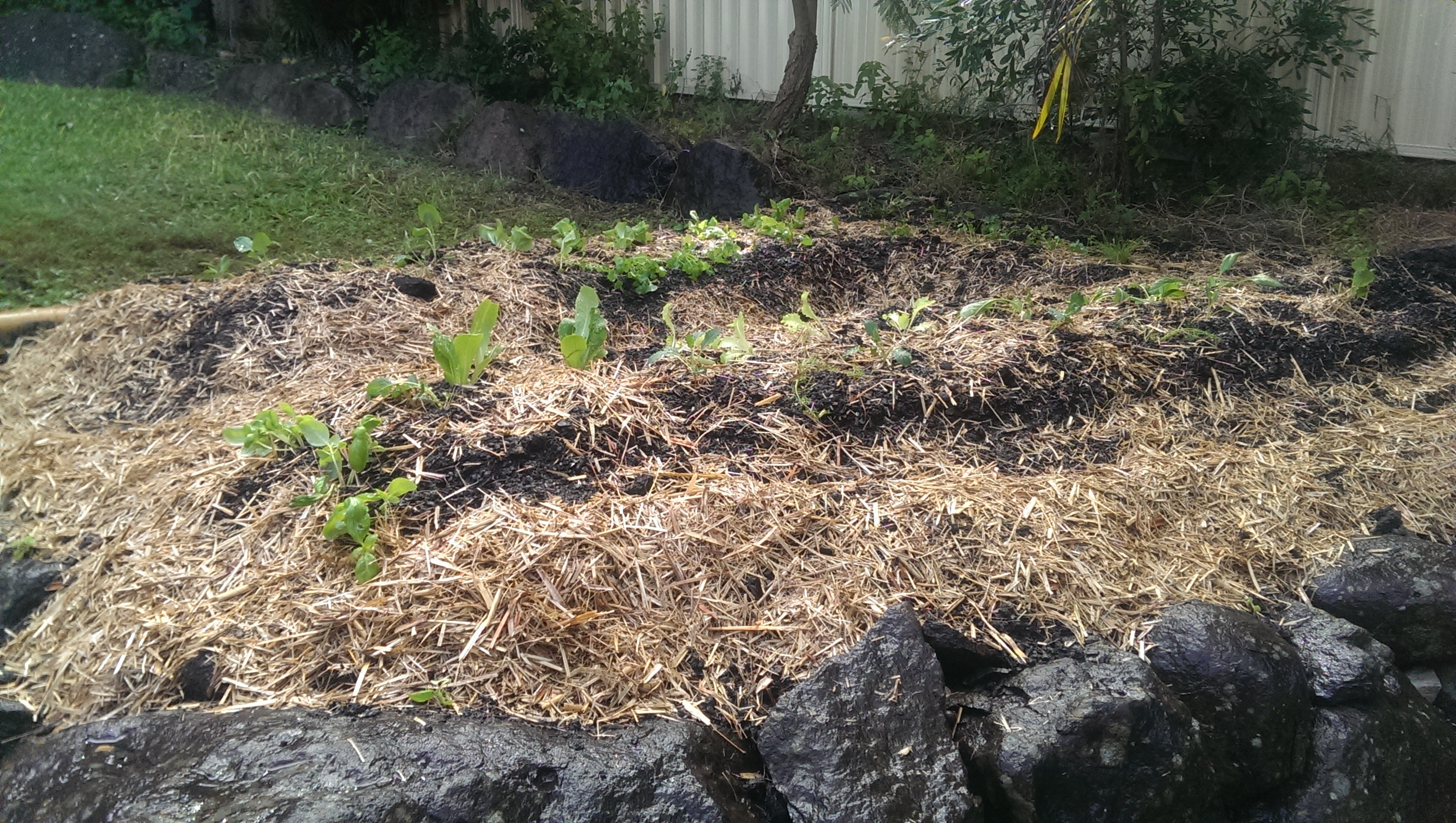
Woohoo! Saturated fat is back on the menu
This week, more hard hitting evidence comes to light to support what we always knew, saturated fat is not harmful at all. Researchers at McMaster University reviewed evidence from several long term studies and found that saturated fat does not cause heart disease, stroke or diabetes. In fact there was no association between saturated fatty acids and any cause of death.
Saturated fat is not harmful
This was a well-designed study published in the British Medical Journal as one of their highlighted articles. It was also funded by the World Health Organisation, so this study carries some considerable weight.
It was a systemic review, i.e. it summarised the results of a number of studies and is the 7th such study in the last 10 years. All of them have come to the same conclusion – saturated fat is not the problem.
A further conclusion was that substituting fat with high glycemic index carbs (simple processed carbs) increased the risk of heart disease. But adding more fruits and vegetables, pulses etc decreased risk. Replacing saturated fat with omega 6 and 3 produced confusing results some studies showing a reduction of risk, others showing an increased risk.
At the same time, there was not much difference between which saturated fat you ate. Is there a reason for this confusion? Most definitely yes.
It’s the quality of the fat that’s important
I haven’t seen any studies mentioning quality or source of fat, or in fact any measure of food quality. Surely there is a huge difference between a tablespoon of cold-pressed organic coconut oil and a lump of pig fat from a poor animal stuck in a concentrated feed lot. Am I the only person that thinks this is important?
Which is better – Omega 6 or 3?
The confusion over whether omega 6 or 3 is better for reducing risk, remains, like some oils – cloudy. Soybean oil was used in many studies for increasing Omega 6 intake. I don’t think this is a particularly good source of Omega 6.
About 97% of soybean is now genetically engineered and grown in massive monoculture farms. That means a lot more fertilisers and pesticides may be used. No wonder it didn’t reduce risk significantly. Organic extra virgin olive oil would be a much better source to use in studies but alas would cost much more.
Why aren’t people studying these important questions?
Transfats are harmful
Again the evidence is clear – transfats increase your risk of heart disease and sudden cardiac death. Oops! So put down the pies and step away from the counter. Some studies also show an association with cancers but this is not completely clear. More research needs to be done.
Vitamins and minerals are important too
Researchers were concerned that people following low fat diets could be replacing fat with processed carbohydrate foods with little nutrient value. Micronutrients such as vitamins and minerals are vitally important to keep healthy and reduce your risk of disease. No wonder eating lean meat with chips hasn’t made us any healthier. So the message is- we need to eat good quality fats and plenty of fresh vegetables and fruit.
The bottom line
There is too much information in this important study to put into one blog, so I’ll come back to more of its results at a later date. However, the main message is clear.
Stay away from transfats in processed foods such as
1) baked goods – pies, muffins, pastries etc
2) commercial salad dressings
3) non-dairy creamers
4) partially hydrogenated vegetable oils – such as margarine
Replace them with healthy fats such as
1) olive oil – extra virgin organic
2) nuts and nut oils
3) avocado
4) organic butter and ghee
5) organic cold pressed coconut oil
Don’t replace fats with refined carbs
Combine healthy fresh carbs such as pumpkin or sweet potato with healthy fats such as coconut cream or organic butter for a satisfying meal. Team it up with fresh vegetables, or salads with olive oil for the best combination of nutrients. It’s the best for your health…
Talk soon






